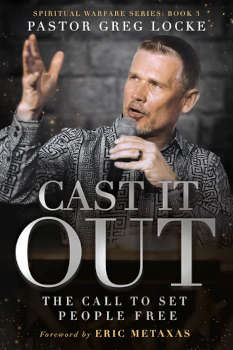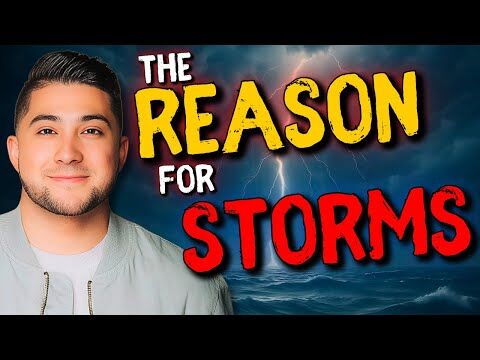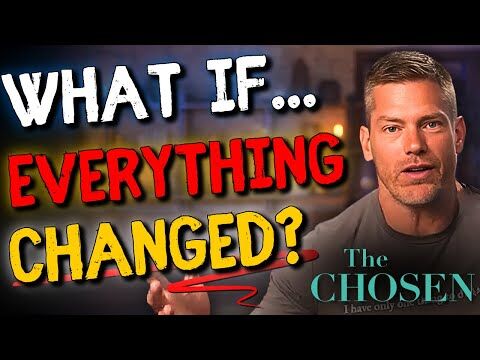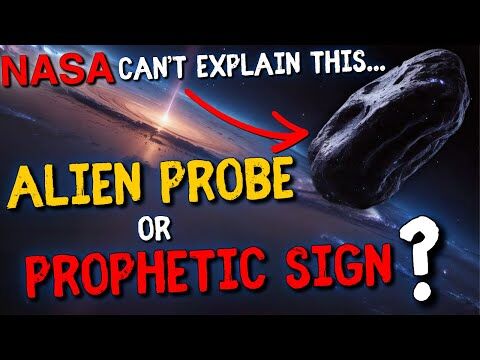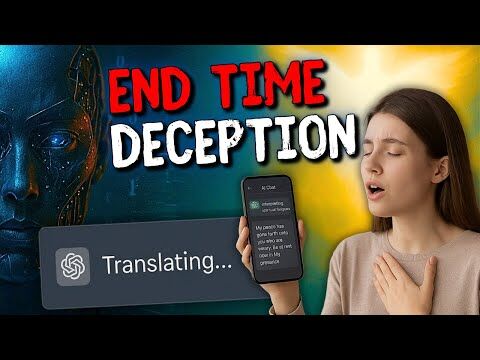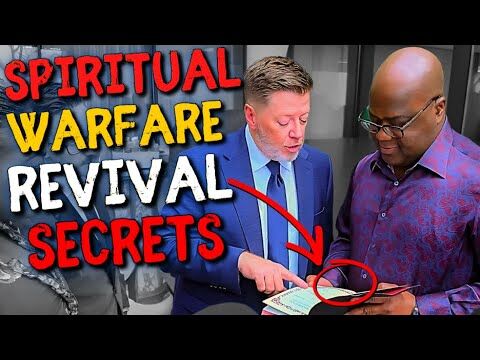We all need to understand that the Bible is still just as practical and prophetic today as it was when the ink of inspiration flowed out in Revelation 22. We also have to realize that we have no say in which parts of the Bible to obey. We either believe the Bible or we don’t, and the only parts of the Bible we truly believe are the parts we truly behave.
Jesus is just as powerful and anointed a teacher today as He was when He walked the earth, and He is doing the same things today that He has always done. Jesus was the Word then, and He is still the Word now. If we have a problem applying Jesus and His teachings to our lives today, the problem resides in us and our religion. That’s the realization the Holy Spirit used to break me of mine.
Having been an evangelist for 10 years and then a pastor for another 15 years, I’ve often found myself trying to read certain things into the Bible and also out of the Bible because of the way I was taught. I found myself apologizing for the clear teaching of the Bible, but I was never trying to deceive the people or lead them astray. Thank God, He has brought me into a new understanding.
He That Believeth
“And He said unto them, Go ye into all the world, and preach the gospel to every creature. He that believeth and is baptized shall be saved; but he that believeth not shall be damned. And these signs shall follow them that believe; in my name shall they cast out devils; they shall speak with new tongues; they shall take up serpents; and if they drink any deadly thing, it shall not hurt them; they shall lay hands on the sick, and they shall recover,” (Mark 16:15-18).
Here in our key passage of this study Jesus is at the end of His ministry, preparing to ascend to the right hand of the Father. No one has a problem with how it starts, but there are certain commands that follow this instruction that most Christians have been ignoring for a very long time because we were told to look past them.
It’s a tragedy that many large denominations continue teaching that the gifts Jesus addresses in this passage no longer apply to us today. I know people who have become so incredibly bitter and discouraged over this passage and others like it that they now deal with deep depression. Some have even taken their own lives, all because they could not reconcile what the Bible clearly says with what their grandfather or their ex-pastor told them it says. In these last of the last days, it’s time to take off the denominational lens and learn to read the Bible exactly as it was written.
Preaching the Gospel
At the top of our key passage, in verse 15, we see that it starts out pretty easy to understand. It’s the Great Commission crystallized in black and white. Simply put, we are to herald the truth of the gospel. Romans 1:16 says, “I am not ashamed of the gospel of Christ: for it is the power of God unto salvation to every one that believeth.” And 1 Corinthians 15:1–4 tells us what the gospel is: the death, burial, and resurrection of Jesus Christ. There’s no social gospel, there’s no medical gospel, and there’s no civic gospel. There’s only a saving gospel.
I find it interesting that in Mark 16:15 Jesus tells us what to do, who to do it to, when to do it and where to do it, but He never tells us how to do it. That’s because every generation has to figure out how to effectively preach the gospel to their culture without compromising the integrity of the gospel itself. Some people use media, some people use the internet, some people use a tent, some people use a bus or even a motorcycle. Some just hoof it on foot. In the context of the full passage, Jesus just told us to use our gifts to go preach the gospel to a lost community of individuals.
Everybody wants to have a gospel that’s soft-served and peddled to them all nice and neat. Galatians 5:11 warns us not to take the offense out of the gospel, yet that’s what we have today—churches and pastors trying to take the offense out of the cross of Christ. We want to tell you about Jesus, but we don’t want to be offensive. We want to tell you about heaven, but we don’t want to offend you with the prospect of hell. It’s offensive to hear that you are dead, doomed, damned and depraved, but we all need to know the hard truth so we can understand the gift of God’s grace. {eoa}
To read more from Greg Locke’s newest book, “Cast It Out,” visit MyCharismaShop.com.
Join Charisma Magazine Online to follow everything the Holy Spirit is doing around the world!



